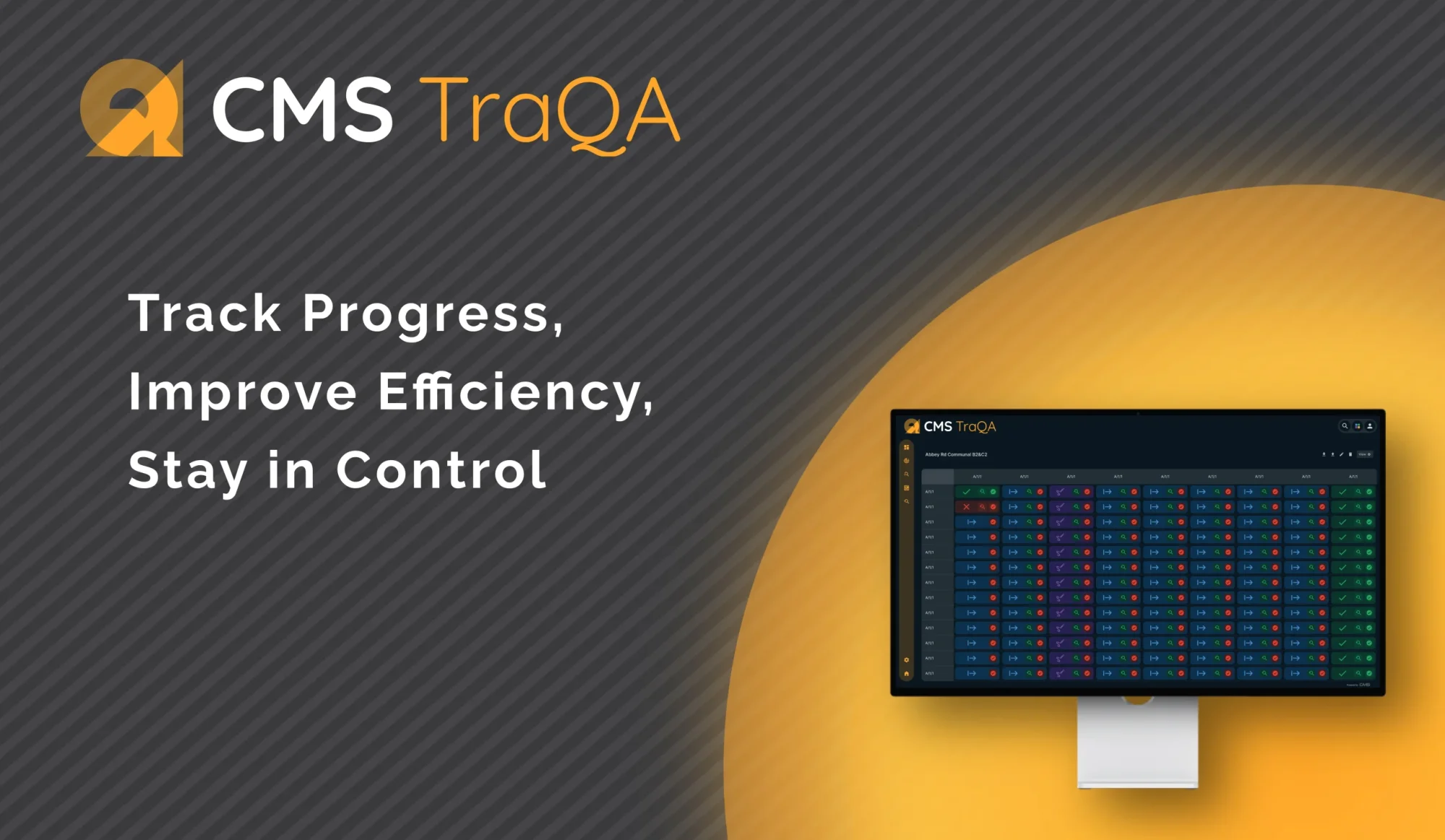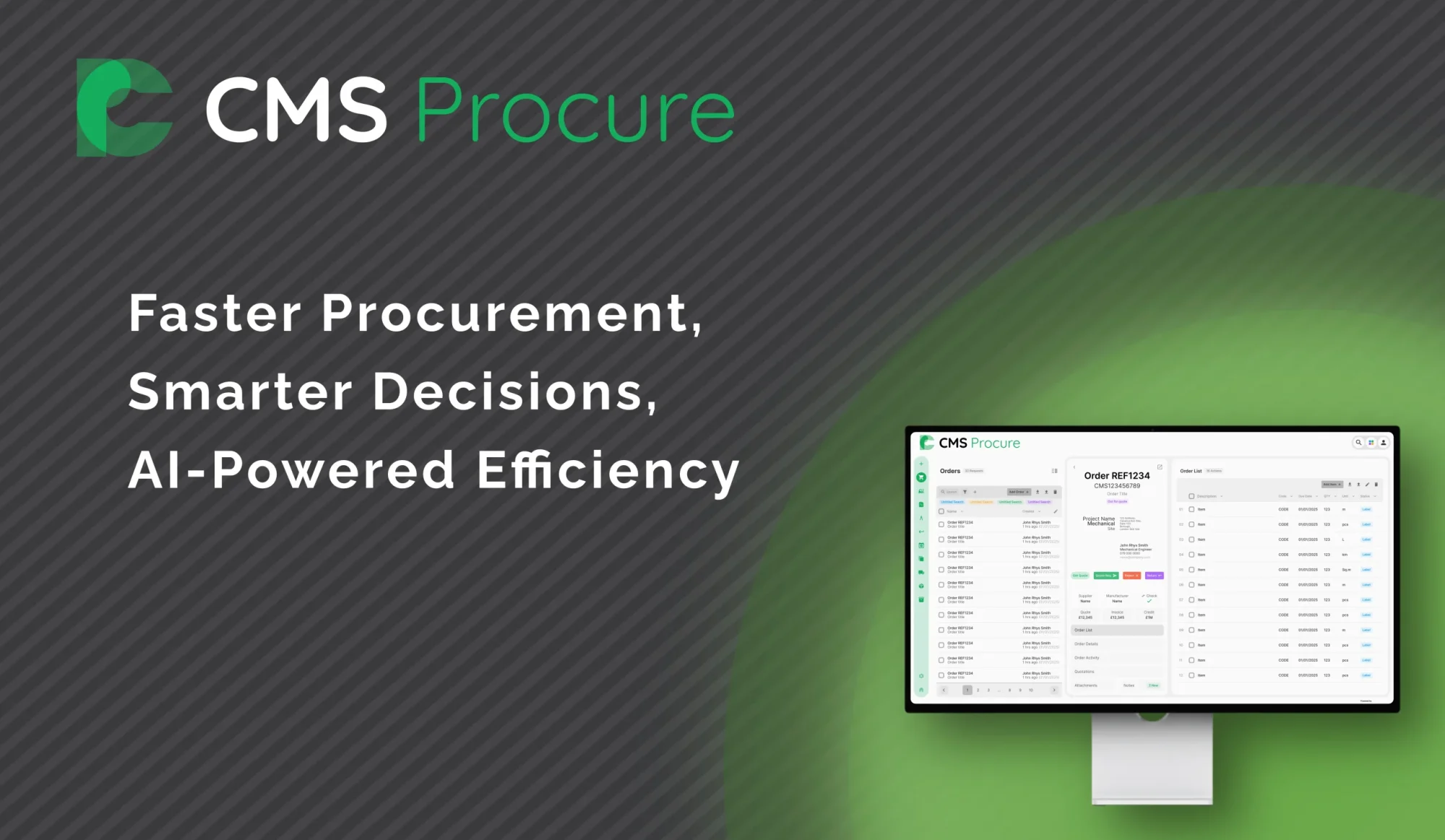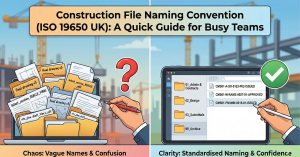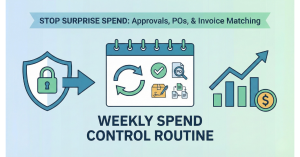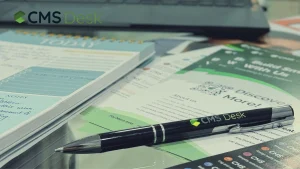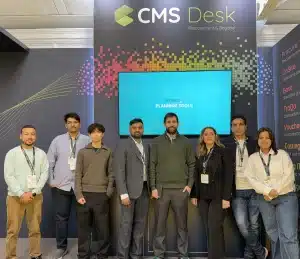In the fast-paced and often unpredictable world of UK construction, even the most carefully managed projects can stall if supply chains fail. Material shortages, delayed deliveries, inflationary pressures, and stricter sustainability requirements have created an environment where supplier management is not merely a procurement function, it is a strategic imperative.
Effective supplier strategies are no longer about chasing the lowest cost. They are about building resilient, agile, and transparent supply networks that keep projects moving, protect profit margins, and uphold reputational trust. Whether you are a small contractor stabilising your procurement process or a major developer managing complex, multi-million-pound frameworks, mastering supplier relationships has become essential to mitigating risk and ensuring continuity.
This guide explores how construction firms can strengthen their supplier management practices, drawing on proven strategies, digital tools, and lessons from real-world success stories.
The Importance of Supplier Management in Construction
In UK construction, supplier management directly influences project cost, schedule, quality, and compliance. A 2023 Construction Leadership Council report found that more than 70% of project delays stemmed from supply chain issues, from late deliveries to non-compliant materials. Structured supplier management is therefore critical to both resilience and profitability.
1. Cost Control: Preventing Overruns Before They Start
With margins in construction often as slim as 2–5%, even minor overruns can erode profitability. Proactive supplier management helps stabilise costs through:
- Long-term partnerships: Multi-year framework agreements and bulk pricing guard against market fluctuations.
- Collaborative forecasting: Sharing demand data with suppliers ensures predictable pricing and reduces emergency sourcing.
- Supplier consolidation: Managing fewer, high-performing suppliers streamlines communication and strengthens bargaining power.
A mid-tier contractor in Manchester reduced annual material costs by 12% after consolidating suppliers and introducing three-year framework contracts.
2. Project Timeliness: Keeping Sites Moving
Every day of delay costs thousands in penalties and labour. Reliable supplier management ensures materials arrive when required and installation teams remain productive. Structured delivery schedules, priority allocation from trusted suppliers, and contractual delivery incentives minimise downtime and maintain project momentum.
3. Quality Assurance: Protecting Safety and Standards
Quality failures not only disrupt timelines but can result in safety breaches and costly litigation. Regular supplier audits, factory visits, and independent testing help guarantee compliance with British Standards such as BS EN 206 for concrete and BS EN 1090 for structural steel. Continuous feedback loops also support supplier development over time, improving quality and consistency across projects.
4. Compliance and ESG Alignment
Environmental, Social, and Governance (ESG) factors are now integral to procurement. Supplier vetting should assess environmental practices, waste reduction, and ethical labour standards alongside health and safety certification (for instance, ISO 45001). HS2’s supplier policy required all major partners to submit carbon reduction plans, leading to a 15% cut in project emissions — proof that compliance and sustainability can drive measurable impact.
5. Innovation Through Collaboration
Suppliers are often first to adopt new technologies and materials. Involving them early in design and planning phases allows contractors to access innovative methods, from low-carbon materials and offsite modular components to recycled steel, improving both cost efficiency and sustainability outcomes.
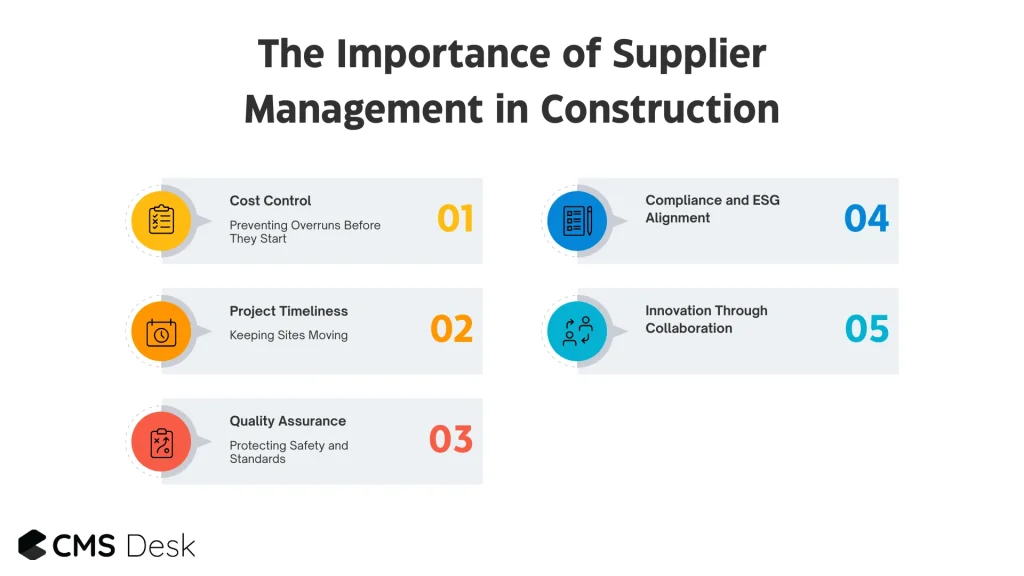
Common Risks in Construction Supply Chains
Modern construction supply chains span multiple regions, contractors, and material sources. This complexity magnifies risk exposure. Recognising these vulnerabilities allows project leaders to take preventive measures before disruptions occur.
Material Shortages and Price Volatility
Events such as Brexit, the pandemic, and the war in Ukraine have revealed how dependent UK construction is on global markets. Steel prices, for example, rose by 40% in 2021. Contractors who rely on single suppliers or short-term contracts face the greatest exposure. Securing long-term agreements, diversifying supplier bases, and sourcing locally where feasible all reduce volatility.
Logistics and Transportation Delays
Customs checks, port congestion, and HGV driver shortages remain persistent threats. Building contingency time into schedules and working with logistics partners who offer alternative routes and real-time shipment tracking can prevent localised issues from halting progress.
Overreliance on Single Suppliers
Dependence on one supplier increases vulnerability. Maintaining at least two approved suppliers for critical materials and diversifying across regions helps mitigate geographic or political risk.
Quality and Compliance Failures
Inferior materials or non-compliance with UK standards can cause costly rework and reputational harm. Regular audits, certification checks, and contractual accountability clauses protect against quality lapses.
Financial Instability Among Suppliers
UK construction insolvencies rose by 27% in 2023. Monitoring suppliers’ credit ratings, analysing financial reports, and using performance bonds for high-value contracts are prudent safeguards.
Financial Instability Among Suppliers
UK construction insolvencies rose by 27% in 2023. Monitoring suppliers’ credit ratings, analysing financial reports, and using performance bonds for high-value contracts are prudent safeguards.
Cybersecurity Risks
With procurement increasingly digitised, cyber threats are rising. The UK Government’s 2023 Cyber Security Breaches Survey found that 39% of construction SMEs had suffered a breach. Vetting supplier cybersecurity policies and implementing secure digital platforms with multi-factor authentication are now essential risk controls.
Best Practices for Building Strong Supplier Relationships
Resilient supply chains are built on mutual trust, transparency, and long-term value creation. The following practices underpin effective supplier collaboration.
- Strategic Sourcing and Diversification
Strategic sourcing focuses on resilience, not just cost. By maintaining a balanced mix of local and international suppliers, and combining established firms with agile SMEs, construction companies can remain flexible when disruptions occur. Kier Group’s tiered supplier approach, for instance, allowed rapid material substitution during Brexit-related delays.
- Clear Communication and Aligned Expectations
Open communication prevents disputes and encourages accountability. Contracts should include defined KPIs, warranties, and delivery conditions. Regular review meetings maintain alignment between project teams and suppliers, while transparent sharing of project forecasts helps suppliers plan their own capacity.
- Performance Monitoring and Continuous Improvement
Supplier performance should be measured through clear indicators such as on-time delivery, defect rate, response time, and sustainability compliance. Scorecards and benchmarking systems can track these metrics, rewarding top performers and identifying improvement opportunities.
- Collaborative Partnerships
Treating suppliers as partners fosters shared problem-solving and innovation. Early contractor involvement (ECI) allows suppliers to contribute to design optimisation and cost reduction. Long-term relationships also encourage investment and commitment from suppliers, strengthening continuity.
- Ethical and Sustainable Sourcing
Sustainability and ethics are increasingly required in tenders. Supplier questionnaires, audits, and transparent ESG reporting ensure compliance with modern slavery regulations and carbon reduction goals. Balfour Beatty’s 2030 strategy, for example, has inspired over 90% of its supply chain to implement their own carbon-cutting measures.

Digital Tools for Supplier Management
Technology is revolutionising supplier management across the UK construction industry, enabling greater visibility, traceability, and efficiency.
- Supplier Relationship Management (SRM) Systems
SRM platforms centralise supplier data, performance metrics, and communication records. Real-time dashboards and automated scoring enable teams to detect issues early and ensure compliance. Laing O’Rourke reported a 28% reduction in supplier-related delays within two years of adopting its SRM platform.
- E-Procurement Platforms
E-procurement systems streamline the tendering, purchase order, and invoicing process. They cut administrative overheads, reduce human error, and speed up approvals. Platforms that integrate with BIM and ERP software deliver the best results through unified data visibility.
- Real-Time Tracking and Analytics
Tracking tools enhance transparency across logistics networks. They allow teams to monitor shipments, predict potential delays, and optimise stock levels. One London housing developer used tracking analytics to cut delivery-related downtime by 35%.
- Risk Intelligence and Predictive Tools
AI-based risk dashboards assess external threats — from industrial action to severe weather — and provide early alerts to project teams. Access to predictive data enables faster mitigation and smarter decision-making.
- Blockchain and Smart Contracts
Blockchain technology is emerging as a means of verifying material provenance and preventing fraud. Smart contracts can automate payments once milestones are verified, reducing disputes and administrative burden while ensuring transparency across the supply chain.
Case Example: How SMEs Can Improve Continuity
Northern Build Ltd (Leeds), a contractor delivering residential schemes in Yorkshire, experienced persistent steel shortages during a period of high market volatility. Project delays were averaging three weeks and client confidence was eroding. The business reframed supplier management as a continuity priority.
The approach combined four moves. First, the category was re-scoped and dual-sourced across UK and EU mills, bringing geographic diversity without diluting standards. Second, an SRM system was introduced to keep certifications current, capture delivery performance, and log quality issues in one place. Third, pricing was stabilised through framework agreements that balanced fixed rates with fair review points. Finally, monthly coordination meetings aligned forecasts with fabrication slots, reducing idle time and unplanned overtime.
Within twelve months, delivery delays had dropped by more than two-fifths. Variability in material cost eased significantly, allowing more accurate budgeting and fewer late-stage commercial discussions. Client feedback improved, largely because communication became proactive rather than reactive. The scale of the business did not change; the quality of the information and the discipline around the relationships did.
Final Thoughts
In today’s volatile construction landscape, supplier management has evolved from a procurement task into a strategic discipline. By diversifying suppliers, leveraging digital platforms, embedding ESG principles, and fostering collaboration, construction firms can protect profitability, reduce operational risk, and maintain delivery consistency even in uncertain conditions.
Whether you manage a single site or a nationwide portfolio, supplier management is your strongest line of defence, and your greatest opportunity for competitive advantage.
At CMS Desk, we help construction teams simplify supplier management through connected digital tools that unify procurement, performance tracking, and compliance visibility; empowering you to build smarter, safer, and more resilient supply chains.
Frequently Asked Questions (FAQ)
1. What is supplier management in construction?
Supplier management is the strategic process of sourcing, evaluating, and maintaining relationships with suppliers to ensure materials and services are delivered on time, within budget, and to the required standards.
2. Why is supplier management important?
Because it directly affects project cost, quality, and compliance. Over 70% of UK construction delays are linked to supply chain issues, highlighting the need for structured supplier oversight.
3. How can contractors reduce supply chain risk?
By diversifying suppliers, building collaborative partnerships, adopting digital tracking tools, and conducting regular financial and compliance audits.
4. What are the main risks?
Material shortages, price volatility, logistics delays, supplier insolvency, quality failures, and cyber threats.
5. Which digital tools support supplier management?
SRM systems, e-procurement software, risk intelligence dashboards, real-time tracking, and blockchain-based verification
6. How can SMEs strengthen continuity?
By signing long-term contracts, forecasting collaboratively, joining procurement networks, and gradually digitising their supply chain processes.
7. What role does sustainability play?
Sustainability is now central to supplier evaluation, with clients demanding low-carbon, ethically sourced materials.
8. How often should supplier performance be reviewed?
Quarterly reviews are recommended, with continuous monitoring between cycles to ensure quality, reliability, and compliance.
Any questions? Get in Touch
